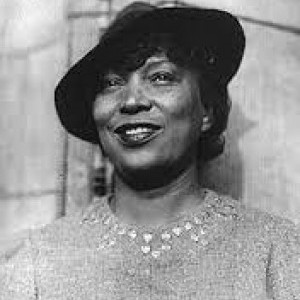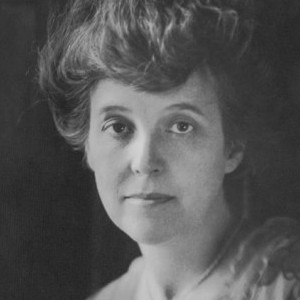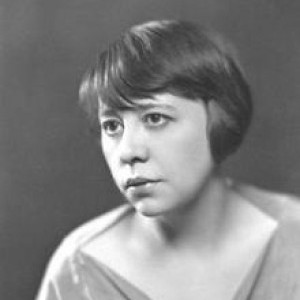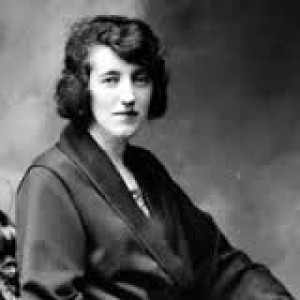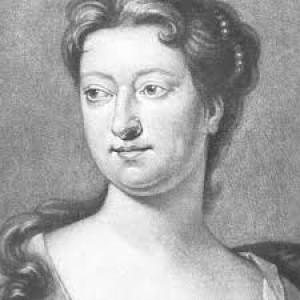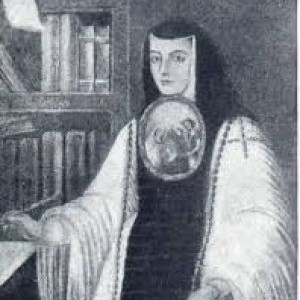Lady Augusta Gregory
Biography

Isabella Augusta Persse was born on March 15, 1852, the youngest of sixteen children in her Irish family. When she was twenty-eight years of age, she married Sir William Henry Gregory, thirty-five years her senior and a landowner and politician, which perhaps influenced Lady Gregory’s own engagement in politics later in her life. They had one son together, and after her husband died in 1892, Lady Gregory began writing. Soon after, she met William Butler Yeats with whom she would collaborate for years to come. Together, they established the Irish Literary Theatre and the Abbey Theatre with the purpose of supporting and producing new Irish dramatic literature. The first plays produced as part of Yeats’ and Gregory’s new project premiered in 1899, and in the next few years, Lady Gregory began to co-write plays with Yeats and then write her own plays for production. Her play, Twenty-Five, was the first of hers to be produced in 1903, and one year later, she and Yeats began using the Abbey for their performances. Lady Gregory became the director of the Abbey and was responsible for much of the theatre’s success.
Fascinated by the Irish language and culture, Lady Gregory wrote adaptations and translations for many ancient Celtic folktales, including those seen in her works, Cuchulain of Muirthemne and Gods & Fighting Men, as well as in her version of “The Legend of Diarmuid and Grania,” upon which her 1912 play, Grania, is based. Although her work was and often still is overshadowed by that of her male contemporaries, she is considered a crucial figure in the Irish literary and political renaissance of the early twentieth century. Her dedication to producing work inherently Irish in its storytelling and history, but contemporary in its commentary on politics, gender, and class has made her an icon in Irish history. A supporter of the Irish nationalist movement of her time, but also moderate in her views, Lady Gregory was involved in the political scene as a promoter of compromise. Her primary contribution-- politically, culturally, and artistically--however, was in her many writings exploring Irish culture, history, and literature: She contributed to national organizations pursuing reform in literature, the Irish language and culture, and Irish agriculture; she wrote folklore articles as well as comedic, fantastical, historic, and tragic plays and stories set in Ireland; and she worked for the majority of her life to preserve and transform Irish history, culture, language, and politics. After being diagnosed with cancer in 1926, Lady Gregory passed away in 1932.



